Waves
Features of waves
All waves transfer energy from one place to another. Examples of waves are all around us and include light, sound, ocean waves, radio waves, and radiation.

The electromagnetic spectrum
There are seven types of electromagnetic (EM) waves, which make up the electromagnetic spectrum. Different types of electromagnetic wave have different uses and dangers.

Ray diagrams and light transmission
Learn about how light is transmitted through different materials and how to create ray diagrams to show light transmission.
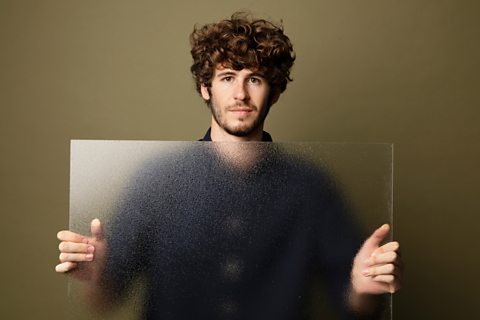
Reflection
Learn about the law of reflection, how to draw a ray diagram and the difference between diffuse and specular reflection.
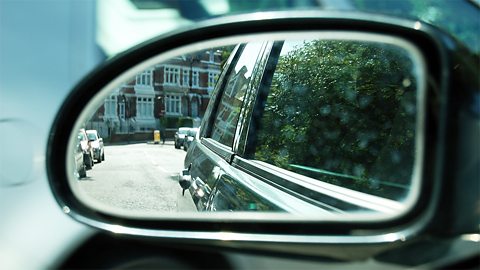
Refraction and lenses
Learn how light is refracted when it enters a material like water or glass, and how ray diagrams can be used to show the path light takes when it is refracted.

Cameras and the human eye
Learn about the features of the human eye, and how eyes and cameras both use lenses to focus light.and form images.

Observing waves in water
Investigate the motion of waves in water, what happens when waves are reflected, and the different types of wave superposition.
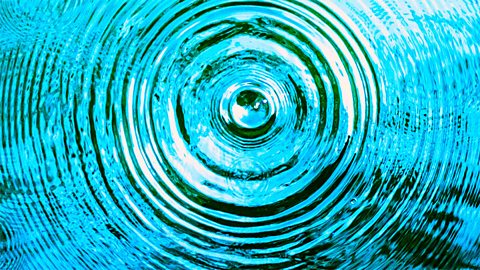
Visible light and additive mixing of light
White light is made up of many different colours, each with a different frequency. It can be split up to produce a spectrum containing all the different colours of visible light.

What is colour?
A photographer explains how he uses his knowledge of light and colour in his profession.
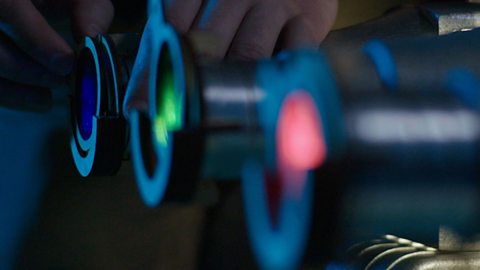
Colour subtraction, absorption and reflection
Learn how filters affect the light that can shine through them, and how light is absorbed and reflected by different colours of surfaces.
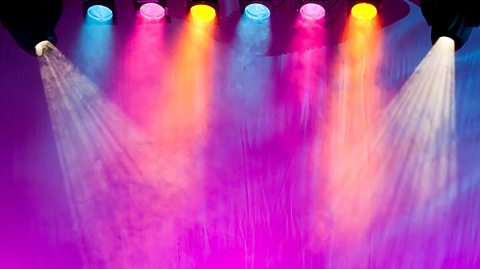
Introduction to sound waves
Identify the features of a sound wave and learn about pitch, frequency, amplitude and loudness.
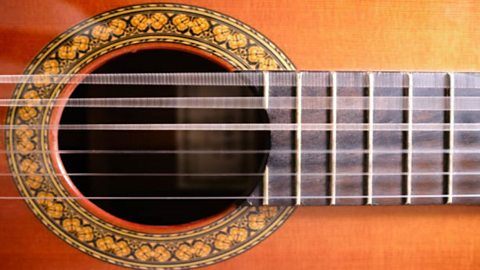
Speed of sound and echoes
Learn about the speed of sound in air and other states of matter, how an echo is made, and how we can calculate the speed of sound from echoes.
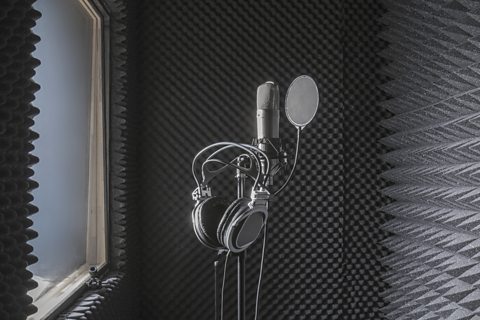
The human ear and sound waves
We can hear sounds because our ears turn sound vibrations from the air, into signals that are sent to our brain.

How to play a record with a 拢5 note
A simple, step-by-step, visual guide showing you how to play a record with a 拢5 note.
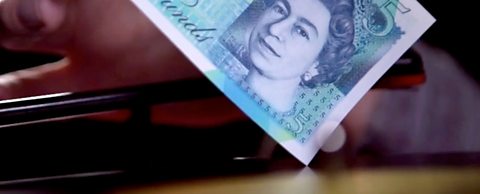
How to make a loudspeaker
A simple, step-by-step, visual guide showing you how to make a speaker from wire, a cup and a magnet.
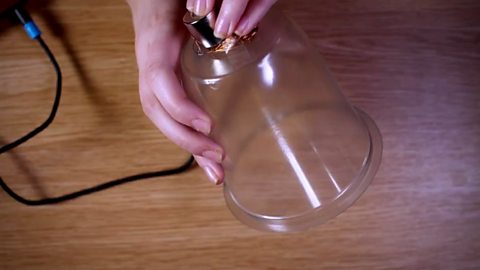
Links
- External linkExternal link
- External linkExternal link